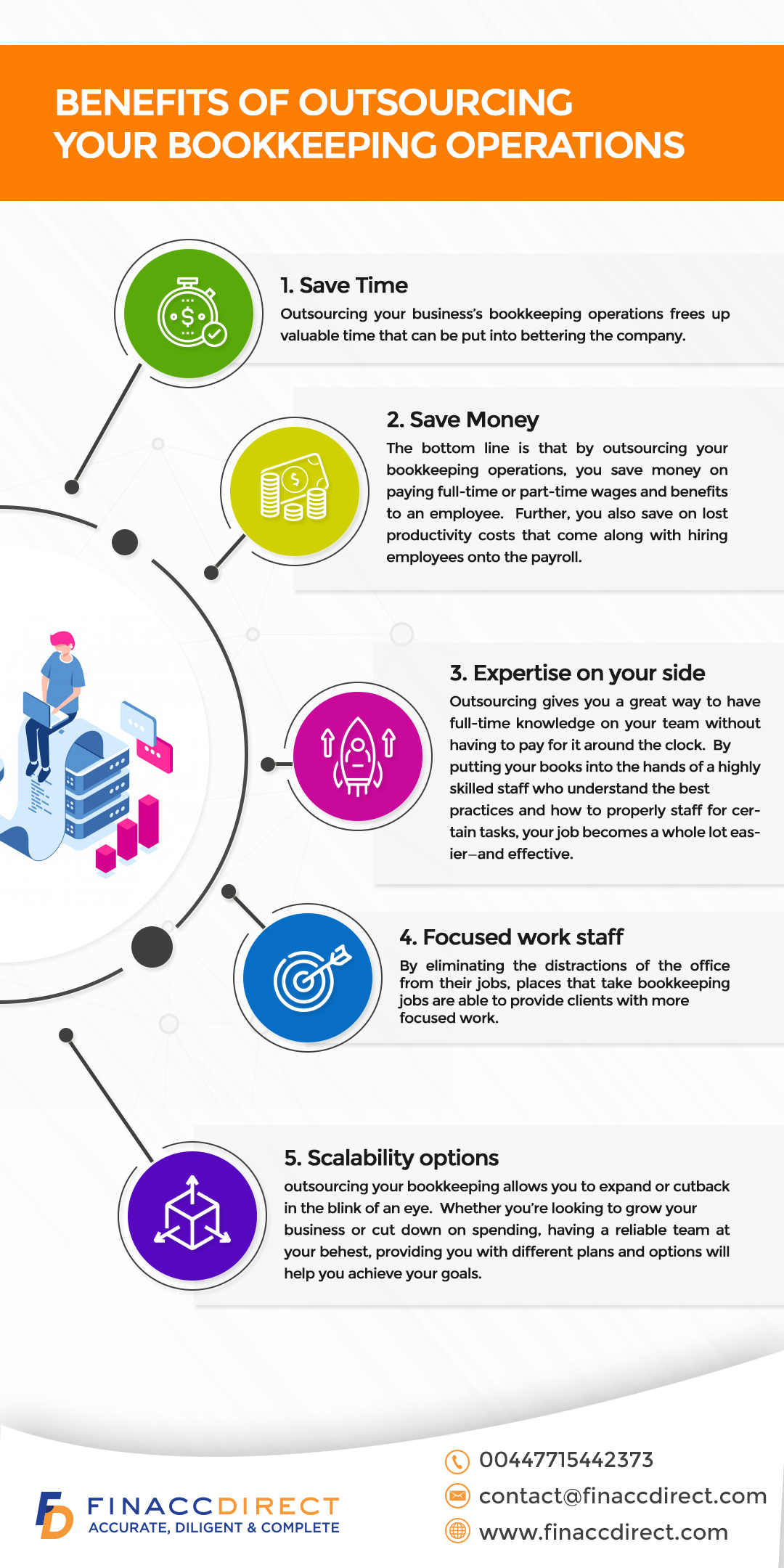
There are several types of accountants. Here are a few examples. Some of the most common types are personal accountants and financial accountants. These professionals use double-entry accounting and financial statements to compile the data. The job responsibilities of these accountants vary. Before you start your search for an accountant, you should be clear about what type of accountant it is that you desire to be. If you have questions about how to become an accountant, feel free to contact us. We are always happy to assist you.
Government accountants
Federal agencies sometimes employ government accountants. These people review financial statements for federal agencies and look for evidence that reveals fraud or irregular spending. These reports become part of the agency's official records and can be used to obtain legal penalties for illegal activities. These accountants may also be allowed to testify before legislative committees, depending on their agency. The type of job that you're seeking can have a significant impact on the role of a government accounting.
In addition to preparing financial statements for government clients, government accountants often work in government agencies to solve complex problems. One of the tasks of a government accountant is to reduce costs or discover new revenue sources. They must be analytically able and able to work under pressure in order to meet deadlines. If they have leadership abilities, they may be able to mentor new accountants and manage a team. A variety of organizations may find government accountants highly valuable.
Financial accountants
The primary responsibility of financial accountants is to prepare and report financial statements to senior management. These reports often contain economic evaluations, as well as graphs and text narratives. They also give advice on strategic planning, company investments, and cash flow. An accountant who is proficient in financial accounting can help an organization manage its finances. Financial managers play an important part in the company's long term success, along with their role as accountants.
Financial accountants review and prepare financial reports. They also prepare tax returns. They often advise companies about improving their financial practices, investing in the stock exchange, and other matters. Financial accountants work in public, private, and public sectors, as well as in shared service organizations. The best route into the field of financial accounting is to pursue a Foundations-level qualification. Foundations-level qualifications prepare students for the rigors and offer a great starting point for a career as a financial accountant.
Forensic accountants

Those looking for rewarding careers are looking for ways to increase their skills and knowledge. There are many career options in forensic accounting. However, there are some things that could influence the decision. If you're interested in finding out what salaries forensic accountants make, what type of work they do, or whether forensic accounting might be a good career choice for you, this article may help you. This career path offers many benefits, so consider joining a professional organization to become a forensic accountant.
Forensic accountants are trained to examine financial data and identify patterns that may reveal criminal activity. They are frequently asked to assist in the FBI's intelligence process, conduct financial investigations, and testify before a court. They stay informed of changes in laws, federal rules and national security protocols. They frequently consult with prosecution attorneys and testify before courts as expert witnesses.
Personal accountants
What are the types of personal accountants available? Personal accountants work with individuals or businesses to ensure compliance with tax laws. They are skilled in cost cutting and budgeting, and can even help avoid penalties or late fees. Many of these professionals can represent clients before the IRS as enrolled agents. They have extensive knowledge in tax law. This will help you maximize your refund. Personal accountants are highly recommended to anyone who has financial issues.

Personal accountants are also beneficial for those who are subject to the Alternative Minimum Tax or itemized deductions. Because many people are not familiar with the intricacies of tax law, they won't know how to maximize their deductions. A personal accountant can help clients save money by determining the best ways to use their income while complying with tax regulations. Individuals who are faced with unexpected cash can be helped by a personal accountant. While unexpected cash is always a good thing, it can also lead to a lot of problems.
FAQ
What is the difference between accounting and bookkeeping?
Accounting refers to the study of financial transactions. Bookkeeping is the documentation of such transactions.
These are two related activities, but separate.
Accounting deals primarily on numbers, while bookkeeping deals mostly with people.
Bookkeepers record financial information for purposes of reporting on the financial condition of an organization.
They ensure that all the books are balanced by correcting entries for accounts payable, accounts receivable or payroll.
Accountants review financial statements to determine compliance with generally accepted Accounting Principles (GAAP).
If not, they may recommend changes to GAAP.
So that accountants can analyze the data, bookkeepers keep records about financial transactions.
What is a Certified Public Accountant and how do they work?
A C.P.A. certified public accountant is a person who has been certified in public accounting. An accountant with specialized knowledge is one who has been certified as a public accountant (C.P.A.). He/she will assist businesses with making sound business decisions and prepare tax returns.
He/She keeps an eye on the company's cash flow, and ensures that everything runs smoothly.
What are the various types of bookkeeping systems available?
There are three types of bookkeeping systems available: computerized, manual and hybrid.
Manual bookkeeping involves using pen and paper for records. This method requires constant attention to detail.
Computerized bookkeeping uses software programs to manage finances. The advantage is that it saves time and effort.
Hybrid accounting combines both computerized and manual methods.
What type of training is required to become a Bookkeeper?
Bookkeepers must have basic math skills such as addition, subtract, multiplication and division, fractions or percentages, and simple algebra.
They will also need to be able use a computer.
Many bookkeepers have a highschool diploma. Some may even hold a college degree.
What does an auditor do exactly?
Auditors look for inconsistencies between financial statements and actual events.
He validates the accuracy of figures provided by companies.
He also verifies that the company's financial statements are valid.
How long does it take to become an accountant?
Passing the CPA examination is essential to becoming an accountant. The average person who wants to become an accountant studies for approximately 4 years before sitting for the exam.
After passing the test, one has to work for at least 3 years as an associate before becoming a certified public accountant (CPA).
What is the value of accounting and bookkeeping
Accounting and bookkeeping are essential for every business. They help you keep track of all your transactions and expenses.
They also make it easier to save money on unnecessary purchases.
You must know how much profit each sale has brought in. You'll also need to know what you owe people.
You can raise your prices if you don’t have enough cash coming in. However, if your prices are too high, customers might not be happy.
You might consider selling off inventory that is larger than you actually need.
If you don't have enough, you can cut back on some services or products.
All these things will have an impact on your bottom-line.
Statistics
- a little over 40% of accountants have earned a bachelor's degree. (yourfreecareertest.com)
- Employment of accountants and auditors is projected to grow four percent through 2029, according to the BLS—a rate of growth that is about average for all occupations nationwide.1 (rasmussen.edu)
- According to the BLS, accounting and auditing professionals reported a 2020 median annual salary of $73,560, which is nearly double that of the national average earnings for all workers.1 (rasmussen.edu)
- In fact, a TD Bank survey polled over 500 U.S. small business owners discovered that bookkeeping is their most hated, with the next most hated task falling a whopping 24% behind. (kpmgspark.com)
- BooksTime makes sure your numbers are 100% accurate (bookstime.com)
External Links
How To
Accounting for Small Business: What is the best way to do it?
Accounting is an essential part of managing any business. This includes tracking income and expenses, preparing financial statements, and paying taxes. You may also need to use software programs like Quickbooks Online. There are many ways you can go about doing your accounting for small businesses. You have to decide which method is best for you based on your specific needs. Below we have listed some of the top methods for you to consider.
-
The paper accounting method is recommended. You may prefer paper accounting if you are looking for simplicity. This method is simple. You just need to keep track of your transactions each day. An accounting program such as QuickBooks Online can help you ensure your records are accurate.
-
Online accounting. Online accounting allows you to access your accounts from anywhere and at any time. Wave Systems, Freshbooks, Xero and Freshbooks are some of the most popular options. These software can be used to manage your finances, pay bills and send invoices. You can also generate reports. They have many great features and are very easy to use. These programs are a great way to save time and cash on your accounting.
-
Use cloud accounting. Cloud accounting is another option. It allows you to store your data securely on a remote server. Cloud accounting offers many benefits over traditional accounting systems. Cloud accounting does not require that you purchase expensive software or hardware. Second, it offers better security because all your information is stored remotely. Third, it saves you from worrying about backing up your data. It also makes it easier to share your files.
-
Use bookkeeping software. Bookkeeping software can be used in the same manner as cloud accounting. But, it is necessary to purchase a new computer and install it. After the software has been installed, you can connect to your internet account to access them whenever you like. In addition, you will be able to view your accounts and balance sheets directly through your PC.
-
Use spreadsheets. Spreadsheets allow you to enter your financial transactions manually. A spreadsheet can be used to record sales figures for each day. Another good thing about using a spreadsheet is that you can change them whenever you want without needing to update the entire document.
-
Use a cash book. A cashbook lets you keep track of every transaction. Cashbooks come with different sizes and shapes, depending on how many pages you have. You can choose to use separate notebooks for each months or one notebook that spans multiple years.
-
Use a check register. You can use a check register as a tool to help you organize receipts or payments. To transfer items to your check list, all you have to do is scan them in your scanner. Notes can be added to the items once they are scanned.
-
Use a journal. A journal is a logbook which keeps track of your expenses. This is especially useful if you have frequent recurring expenses such rent, utilities, and insurance.
-
Use a diary. Use a diary. It is simply a notebook that you keep for yourself. You can use it as a way to keep track and plan your spending habits.